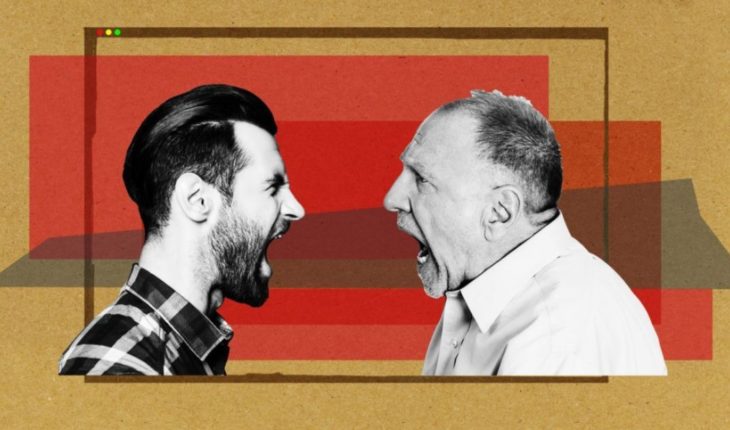It is quite common in pandemic context that many of our parents do not take dimension of the need not to attend public spaces to prevent the spread of coronavirus. If you are one of the people who are in this situation, here are some tips to convince them to take COVID-19 seriously.
Get acquainted with the facts
The World Health Organization, the Centers for Disease Control and Prevention, the Ministry of Health of the… Sources with up-to-date and reliable information on the evolution of the virus are not lacking and knowing the statistics can be useful in choosing which data might work best with our parents, grandparents, uncles, neighbors and all the people we talk to. Identify your reasoning
An article about millennials talking to their parents about coronavirus highlights three main issues they face: misinformation, no identified ness, and general stubbornness. In the face of misinformation, we can name WHO recommendations or give examples of other experts they trust. In our country, fortunately, there are doctors and epidemiologists on many radios and television shows warning about the steps to take and the importance of keeping us in our homes. Non-identification, on the other hand, has to do with not believing some of the risk groups. Many older adults do not feel old or vulnerable so employing adjectives like these is useless; Again, data on how mortality rates change depending on age, gender and health are more likely to be more effective in trying to convince them. If it’s just stubbornness, social pressure could help. Do you have friends who are taking it seriously or someone in the family they trust? Give them a hand.
Make numbers personal.
Many of our parents today are quite active: they do the shopping, they go to church, they do physical activity, they hang out with friends and a myriad of things. Perhaps making them aware of all the people they would put at risk can help: how many people do we share space in yoga or paddle? How many others do we come across when we go to mass? In China, the mortality rate for adults over 80 years of age was between 15% and 18%, about one in six. Even people in their 50s were three times more likely to die than those in their 40s (in China). By comparison, the annual flu killed about 0.8% of all adults over 65 who were infected in 2018–2019. It’s not just a flu. On the other hand, the older adults with chronic health conditions, particularly high blood pressure, diabetes, heart disease and lung diseases, are the ones most at risk. But even if your parents feel fit and healthy, it’s about age: the immune system gets worse with age, no matter how healthy you are.
Think of your friends
Maybe your mom or dad is made of particularly resilient things, or at least they think so. No matter what you tell them, they’re convinced they’ll recover if they get sick. Now, will your friends recover too? There is one very important thing to bring to question here: people can be contagious for two weeks without showing symptoms and therefore without knowing that they are contagious. If someone gets infected with the virus, even if it gets over it, some of the people who got it along the road—people nearby, who they want—may not recover. Anybody please want to think about the kids?
If your parents have grandchildren or young people around, remind them how nice it is to see them grow up. And for this, you need to take care of yourself and not put yourself at risk. Low blow? Maybe.
Preach by example
Well, this one doesn’t require much explanation. We, even if we are not in the risk yourselves groups, must also take care of ourselves and collaborate.





